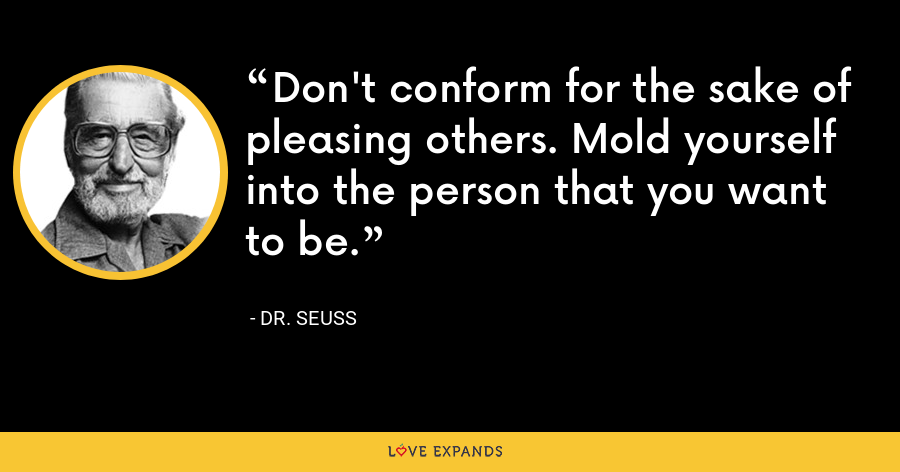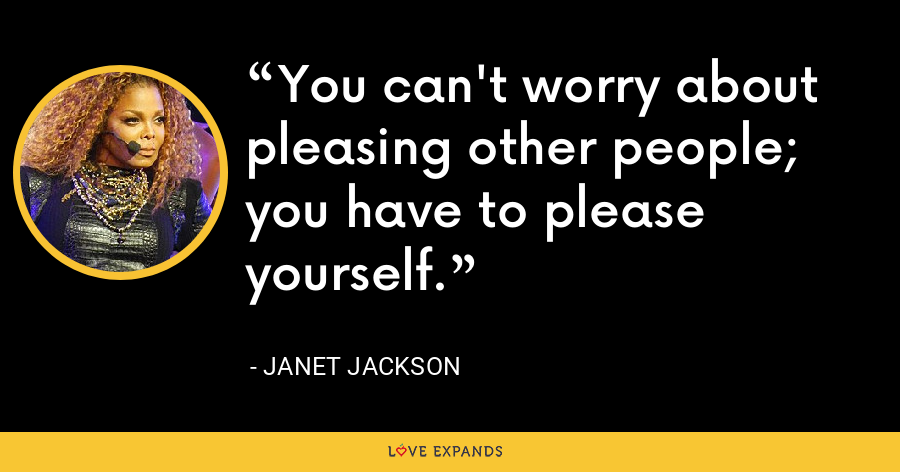If you frequently find yourself saying yes, and then regret saying it, then you have likely developed the habit of people-pleasing. A people pleaser is a person who goes out of their way to gain the approval of other people. And one way a people pleaser tries to get that approval is by saying yes to every request made of them. And a people pleaser will say yes, regardless of the impact that doing so might have on them.
Putting other people’s needs before your own may seem like a noble sentiment. But when you consistently prioritize other people’s needs above your own, it can impact your entire life and be detrimental to your mental health.
If you keep on saying yes, even when you already have a packed schedule, read on. Here are ten tips to help you stop being a person who always says yes.
1. Recognize That You Need to Change
The first step towards breaking a habit or addiction is to recognize that you have a problem. And, yes, being a people pleaser is a problem. If you do not break the cycle of always saying yes, you will forever be overloaded with tasks, and few of them will be for your benefit. So begin by understanding that you do have a choice. You can say no if you so choose. It will take time to change a lifetime habit, but you can start by admitting that your desire to please everyone is an issue for you.
2. List Your Priorities
It’s time to start putting you first, so sit down and make a list of all the things that you want to do. Consider what you have failed to achieve because you are always too busy helping other people. And don’t forget to include some free time in your new list of priorities. You have the power to prioritize your own time. So the next time you are asked to do someone a favor, think about how agreeing to help that person will impact your own needs before you say yes. And remember, looking after yourself is not being selfish.
3. Begin by Declining a Few Insignificant Requests
If you have become a chronic people pleaser, it’s going to be a hard habit to break. Ease yourself into the new you gradually by refusing a few minor requests. The crucial thing to remember is that you cannot please everyone. Some people may be disappointed when you tell them that you cannot help them out. However, you will soon find that when you say no, the world doesn’t stop turning, and people don’t think any less of you simply because you have been assertive.
4. Remember That You Are Making New Ground Rules
People may be surprised when you first begin saying no. But don’t let that dissuade you from following this path. If you are a people-pleaser, your friends and co-workers will have come to expect you to drop everything when they ask you for some help. It will take time for the people you know to realize that the ground rules have changed and that they can no longer expect you to take on the work they have not completed. Keep your resolve, though, because your new priorities are no different from anyone else’s.
5. Practice Being Assertive
The first few times that you say no, you may get talked around. If you do, then you will need to develop a more assertive tone. Remind yourself that what you are doing is right for you and that you have every right to take control of your own life. When you tell people that you are unable to do what they are asking, be firm but polite, and don’t change your mind. People will soon learn that when you say no, you mean no.
6. Sweeten the Pill
As mentioned above, you do not need to be rude to be assertive. Indeed, you may find that softening your refusal with kind words will help people accept that you are saying no. You could use phrases like, “I’d love to help you out, but I have too much of my work to get done right now.” Or “I’m flattered that you invited me, but I have other plans for that night.” However, honesty is always the best policy. You don’t want to start weaving webs of lies to get out of doing something that you don’t want to do.
7. Explain How You Feel
Even when you are polite with your refusals, some people may still try to push you into doing things for them. Some people may even try a bit of emotional blackmail to convince you to agree to their request. If people do not accept the logic of your reasons for saying no, try telling them about how you feel. You could explain to a co-worker that you cannot help them out because you must finish work at 5.00 pm today, for example. But your colleague could then counter your refusal by arguing that what they need will only take you fifteen minutes. However, telling your co-worker that you feel too stressed to take on any more work is a statement that no one can dispute.
8. Offer to Do What You Can
Another way to soften the blow of refusal is to offer what you can. If you cannot spare a full hour at work, for example, tell your co-worker that you will help them out at the end of the day if you get your tasks completed. You might say to a friend that you cannot go out with them on Wednesday, but you would love to go out with them next Friday. Stopping being a yes-person does not mean that you must become a blanket no-person. Stopping being a people-pleaser will mean that you take back control of your priorities and schedule.
9. Don’t Feel Guilty
Try not to feel guilty about saying no to people. If you have been a people-pleaser for some time, then you may well wonder at first if you are doing the right thing. People will soon get used to the fact that you are no longer at their beck and call, though. And the people who you believe you are letting down will get over it and learn to fend for themselves.
10. Remind Yourself Why You Are Saying No
The most crucial thing to remember when you begin to move away from being a yes-person is that you are doing this for you. People should not expect you to do something that you do not have the time for or do not want to do. Indeed, many people probably don’t even realize the pressure they are putting you under by taking you for granted. If you stop being a people pleaser, work will be less stressful, and you will get some valuable me-time.
Conclusion
It will take time for you to stop being a people pleaser. And yes, some people may be upset that they can no longer take you for granted. But if you follow the above tips, you should be able to break your habit of always saying yes. And when you have stopped being a yes-person, you will have more time to spend on the things that matter to you.







